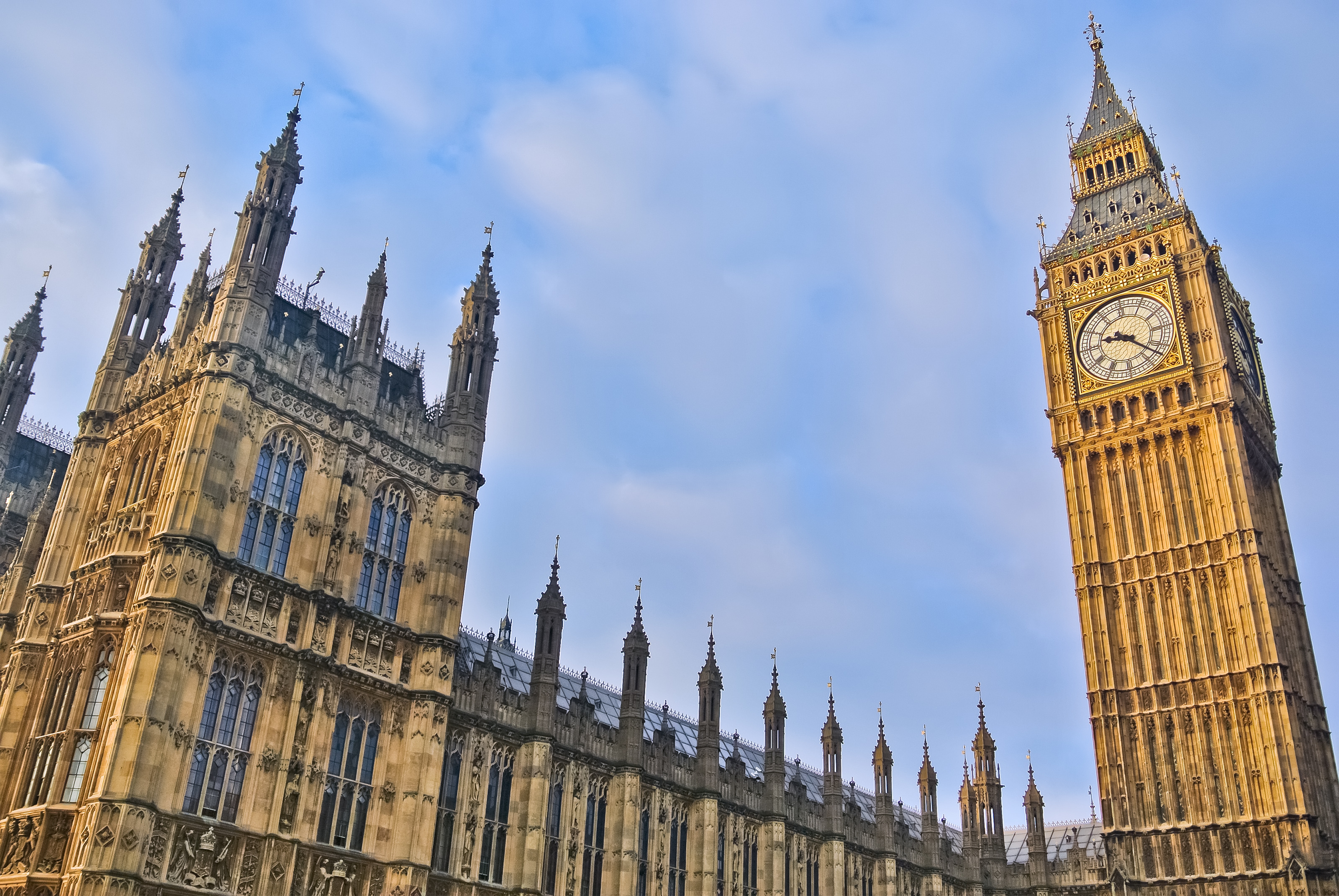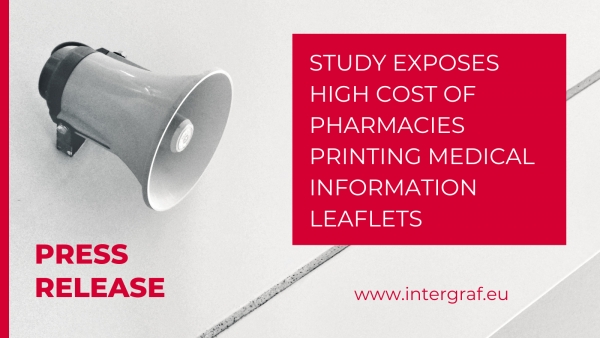8 July 2020

Chancellor's statement – 8 July 2020
After his coronavirus trial by fire, Chancellor Rishi Sunak has certainly settled into his new role. ‘A Plan for Jobs', published today and announced with a Budget-style speech in the Commons, is the Government's answer to rebuilding the economy post-COVID.
The overriding theme was to protect, support and create jobs.
Job Retention Bonus
There was an element of frustration in the Chancellor's reflections on the ending of the JRS, with insistence that any end date for the Scheme would be considered too soon by critics. He also claimed that keeping people on furlough was "giving false hope" and that allowing skills to deteriorate was not in anyone's long term interest.
So, he announced the Job Retention Bonus, an incentive to employers to bring staff back to work and to avoid redundancies. The elements of the Bonus are:
- The Government will introduce a one-off payment of £1,000 to UK employers for every furloughed employee who remains continuously employed through to the end of January 2021.
- Employees must earn above the Lower Earnings Limit (£520 per month) on average between the end of the Coronavirus Job Retention Scheme and the end of January 2021. Payments will be made from February 2021. Further detail about the scheme will be announced by the end of July.
With 9m people furloughed over the course of the pandemic, the policy will cost up to £9bn to deliver.
Kickstart Scheme
Speaking about the impact of COVID-19 on young people, the Chancellor noted that they had been hit hard. As a result, the Kickstart Scheme, costing around £2.1bn, was a major component of the offering for 16-24 year olds. This will fund the direct creation of high quality jobs for young people at the highest risk of long-term unemployment.
Employers will be paid to create new jobs for young people aged 16-24 who are on Universal Credit and at risk of long term unemployment. Funding available for each job will last for six months and will cover 100% of the relevant National Minimum Wage for 25 hours a week, plus the associated employer National Insurance contributions and employer minimum automatic enrolment contributions.
There will be no cap on the number of new jobs that can be created under the Scheme.
Young people's traineeships
Next on the table was an additional £111 million this year for traineeships in England, to fund high quality work placements and training for 16-24 year olds.
The Government will fund employers who provide trainees with work experience, at a rate of £1,000 per trainee. There will also be improved provision and expanded eligibility for traineeships to those with Level 3 qualifications and below, to ensure that more young people have access to high quality training.
Apprenticeships
Recognising that apprenticeships work, the Government will introduce a new payment of £2,000 to employers in England for each new apprentice they hire aged under 25, and a £1,500 payment for each new apprentice they hire aged 25 and over, from 1st August 2020 to 31st January 2021.
These payments will be in addition to the existing £1,000 payment the Government already provides for new 16-18 year-old apprentices, and those aged under 25 with an Education, Health and Care Plan - where that applies.
Other work initiatives
There will also be:
- £101m available to give all 18-19 year olds in England the opportunity to study targeted high value Level 2 and 3 courses when there are not employment opportunities available to them.
- An expansion of the intensive support offered by DWP in Great Britain to young jobseekers, to include all those aged 18-24 in the Intensive Work Search group in Universal Credit.
- £895 million spent on to enhance work search support by doubling the number of work coaches in Jobcentre Plus before the end of the financial year across Great Britain.
- £40 million spent on funding private sector capacity to introduce a job finding support service in Great Britain in the autumn. This online, one-to-one service will help those who have been unemployed for less than three months increase their chances of finding employment.
- An expansion of the Work and Health Programme - the Government will provide up to £95 million this year to expand the scope of the Work and Health Programme to introduce additional voluntary support in the autumn for those on benefits that have been unemployed for more than 3 months.
Green Homes Grant
For homeowners and landlords, up to £2bn will be spent on vouchers for people who wish to make their homes more energy efficient, up to £5,000 per household (£10,000 for those on low incomes). The idea is not only to improve energy efficiency to help Britain meet its net zero carbon target, but to provide green jobs.
Stamp Duty
There was also a Stamp Duty threshold increase to £500,000 until March 31, making it a great time to buy a new house, a reduced rate of VAT (5%) for hospitality, accommodation and attractions and ‘Eat Out to Help Out' - 50% off meals to a maximum of £10 per head at participating restaurants, cafes and pubs from Mondays to Wednesdays during August.
You can find more information on all of these measures, and about the more minor policies in the official A Plan for Jobs document. We will of course be working hard on what these measures mean for print, and communicating with more details - when available - on how exactly they will work.
There will be a Budget and Spending Review in the Autumn.
 Intergraf Economic News (Paper Prices) - March 2024
Intergraf Economic News (Paper Prices) - March 2024
18 March 2024
Access the latest edition of the Economic Newsletter for the European Printing Industry for data on paper consumption, and pricing data for pulp, paper and recovered paper. Data for packaging papers and board is also available with this edition.
 STUDY EXPOSES HIGH COST OF PHARMACIES PRINTING MEDICAL INFORMATION LEAFLETS
STUDY EXPOSES HIGH COST OF PHARMACIES PRINTING MEDICAL INFORMATION LEAFLETS
7 March 2024
Intergraf welcomes the release of a study by our partner MLPS (Medical Leaflet = Patient Safety), a subgroup of the European Carton Manufacturers Association (ECMA) shedding light on the potential economic costs associated with the proposed use of Print on Demand (PoD) leaflets in the pharmaceutical legislation revision.

The BPIF is the printing industries champion. By becoming a member you join a diverse and influential community. We help you solve business problems, connect you to new customers and suppliers and make your voice heard in government.
Call 01676 526030









